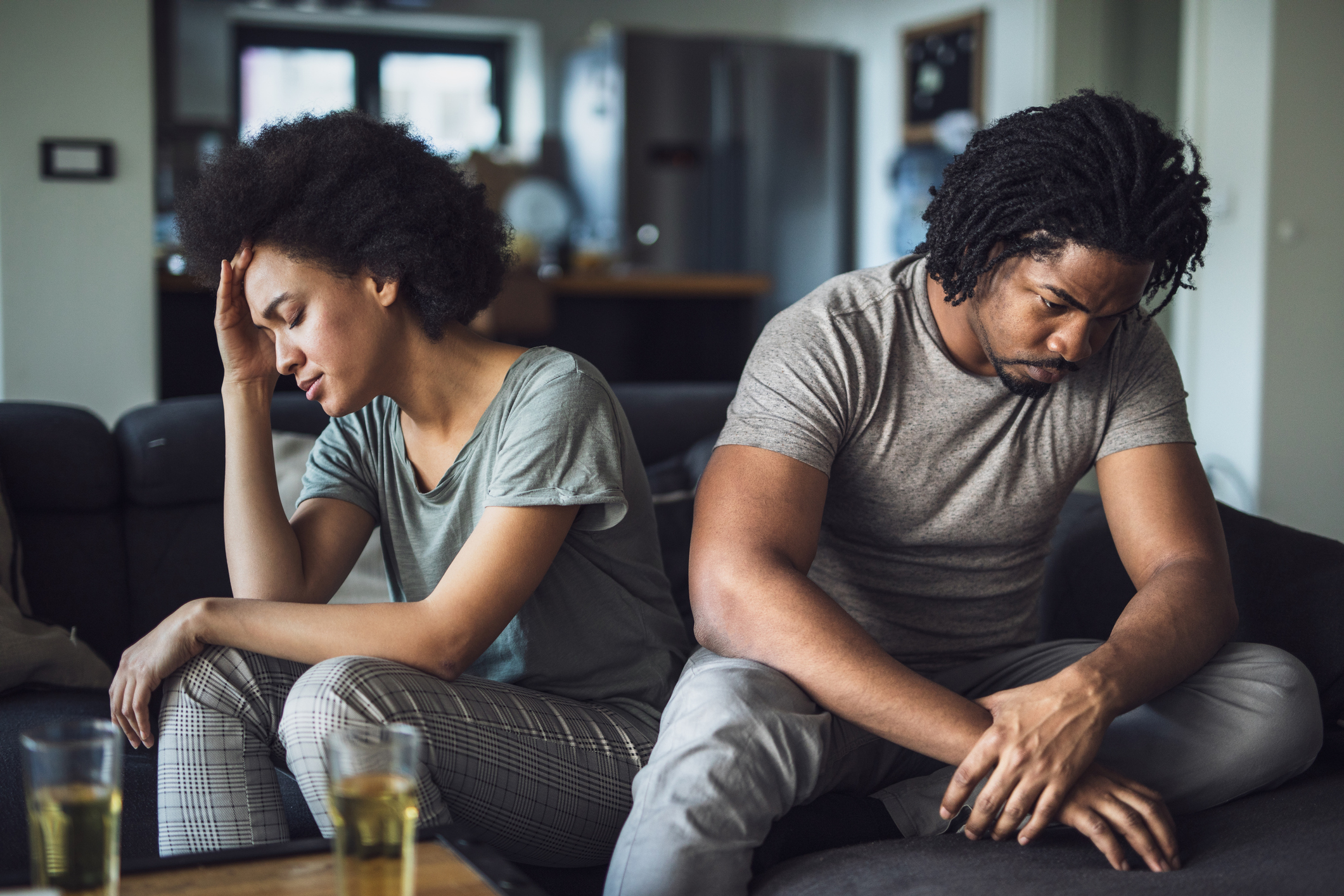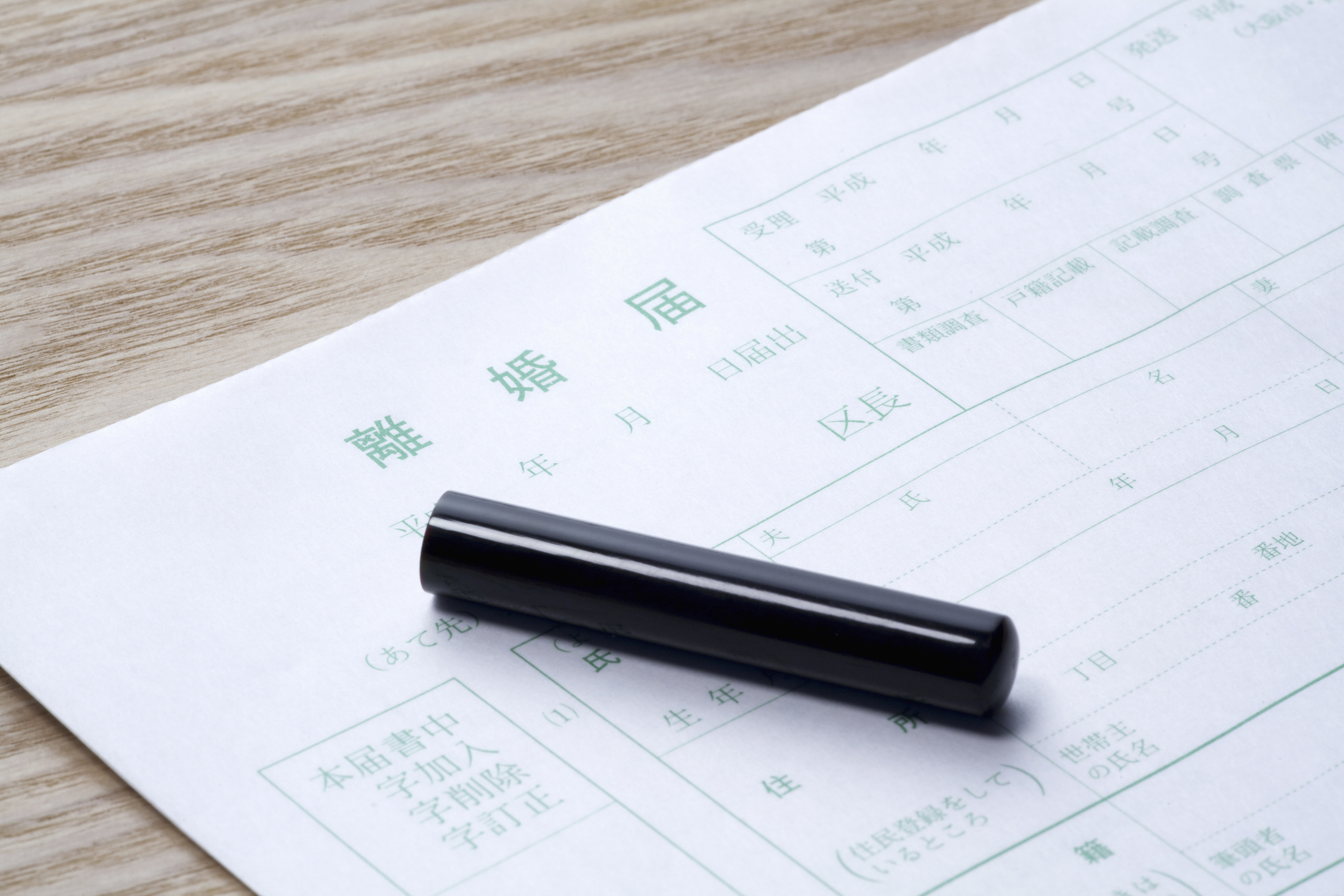‘Corona Divorce’ Threatens Marriages As Life Amid Virus Exposes Couples’ Values
Shut-In Spouses Long For Separation As Covid-19 Spreads
Japan looks set to follow other nations with a coronavirus-induced rise in divorces as couples reconsider how they want to live their lives.
Even before Prime Minister Abe declared the initial Covid-19 state of emergency in early April, #コロナ離婚 (#coronarikon), meaning “corona divorce,” was appearing in social media here as people used it to express their frustration toward spouses they were having to spend more time with as the use of teleworking increased.
Now, as Tokyoites pass one month of being urged to stay home–and with the rest of the nation at the most only nine days behind – for many of those people, that frustration has turned into a resolution to separate from partners whose values–the current circumstances have shown them–are incompatible with their own.
Together 24/7
It’s a stressful time. Along with the fear of contracting the illness, our movements are restricted and there is no knowing how long those limits will be kept in place. Many people have lost jobs and income, and much more fear the same will happen to them.
In this pressure-cooker environment, it’s easy to get angry and dissatisfied with those closest to us
Kids are home all day every day. While we keep our distance from the rest of society, we are stuck together with our families 24/7. In this pressure-cooker environment, it’s easy to get angry and dissatisfied with those closest to us.
The first nation to deal with the new coronavirus, and the first to enforce a lockdown was China. Divorce filings surged when confinement ended there. Couples filing for divorce in Shanghai had to wait for up to a month for an appointment they would normally have received within a week.
As lockdowns started in other countries, it was predicted that the same would happen worldwide, and that looks to be coming true. Lawyers in various countries say they are receiving many phone calls from couples seeking divorce as soon as lockdowns are lifted.
One-sided workload
One of the main reasons why wives–and it is predominantly women–are rearing for divorce is the unhelpfulness of their partners. This is particularly true for couples with young children.
Under the corona-rikon hashtag, “meneki wo ageru” (meaning “boost immunity”) tweeted about her husband: “You get up, eat lunch, spend a little time with the kids and then go back to bed. If you’re going to stay up at night watching YouTube, at least be up when the kids get up and go to bed.”
一度起きて、昼食べて、少し子どもの面倒見て、また寝てる。夜は夜中までYouTube見るなら、子どもが起き寝る時間に起きててほしい#夫死ね #コロナ離婚
— 免疫を上げる (@lpPqhx6wXQA6Zt0) April 26, 2020
Even in households without children, wives who have taken on the housework to allow their husbands to devote themselves to their jobs are finding that when they become the busiest worker in the house, that same consideration is not given to them.
Under the Twitter name “please listen to the stupid things my defective husband does,” one woman writes, “My husband is vacationing under the name of ‘teleworking’ while I continue to go out to work six days a week. When I get home, dinner’s not made and he’s been drinking and is now asleep.”
テレワークと言う名の休みの旦那と
週6週出勤が続いてる私
帰ったら酒を飲んだ形跡と
飯も作らず夢の中の旦那さすがに爆発しそうなので
ここで発散させていただくことにしむした!#クソ旦那#コロナ離婚— 欠陥旦那の愚行を聞いて欲しい (@sR9xLsllqNQoB43) May 1, 2020
As in other countries, domestic violence is increasing during the stay-at-home period. A Tokyo-based support organization for victims and perpetrators of domestic violence, A+, has told NHK that inquiries have increased since March. Many cases have sighted money worries as spurring violence, as well as the stress of working at home–usually at the dining table–surrounded by family, especially noisy children.
One of the main reasons why wives–and it is predominantly women–are rearing for divorce is the unhelpfulness of their partners
No time to oneself
In a more particularly Japanese conundrum, a 26-year-old woman tells the Lip Pop website for women about the stress she is feeling now that her husband works from home.
“Until now, the time when my husband was out was a time that I had to myself, and I could eat or vacuum whenever I liked. He doesn’t help and the stress has built up and I’ve started thinking about divorce. The biggest burden is having to pay attention to another person’s needs even when I am at home.”
As well as the stress of having no time alone, this woman’s troubles seem to reflect the traditional role of Japanese wives as catering to their husbands’ every need. It’s the leading reason for women to choose ‘sotsukon,’ or graduation from marriage.
The biggest burden is having to pay attention to another person’s needs even when I am at home
Please stay home
In Japan, the public is not being forced to stay at home but asked to. The state of emergency that Abe put in place gives prefectural governors the authority to close schools and other public facilities, but they have no legal power to order people to stay home or businesses to close.
The gap between whether we should stay at home, or must stay at home, has created a new lens through which to view our compatibility with our partners. For many couples, that has exposed rifts that were already present.
As ‘rintama’ tells Twitter: “I wear a mask, but my husband doesn’t. He says he doesn’t have the virus so there’s no point wearing one. I am seriously considering corona-rikon. Corona is not the only cause. There are things I can see now due to corona. I can see things I was pretending not to see.”
@yuu1212jan
旦那がマスクをしない。私→ してよ
旦那→マスク、感染者じゃないから
意味ないもん。コロナ離婚、本気で考える。
コロナだけが原因じゃなく、
コロナで見えてきたものがあり
見ないふりしてたものが見えてきた。#コロナ離婚#マスク— りんたま🍎 (@JCUCAmG2dEa4VPk) April 29, 2020
A catalyst for divorce
On April 29, the Lip Pop website published the results of an online survey it held about coronavirus-related divorce. Of the 100 respondents, 38% said they have considered divorcing due to issues related to the spread of Covid-19. The vast majority of respondents–82%–were women.
A 41-year-old woman says the virus has been the catalyst for her to consider divorce: “Even though we have to restrain ourselves due to corona, I watch my husband going to pachinko parlors and out with friends and I’ve realized that our values really are different. I was disappointed because I take precautions when I go out. He could spread it to our child. If he can’t think of our child’s welfare, then we don’t want him as a father… I feel that, due to the spread of corona, I have learned my husband’s true nature.”
Changing one’s life course
The coronavirus is not just pulling people apart. For some, it is pushing them to find a partner. Tokyo-based matchmaking service company Marry Me told the Asahi Shimbun newspaper that it had seen a 20% increase in inquiries since the coronavirus outbreak began.
It saw a similar jump nine years ago, after the Great East Japan Earthquake and tsunami. Surveys released near the end of that year showed about one-third of women and one-quarter of men were keen to marry, and about 15% of both sexes were considering divorce, CBS news reported.
The coronavirus is not just pulling people apart. For some, it is pushing them to find a partner
Some formal studies also indicate that social upheaval leads not only to divorce–but also to marriage and babies. An American study found that in the year following Hurricane Hugo in 1989, marriage, birth, and divorce rates increased in the 24 counties declared disaster areas compared with the 22 other counties in South Carolina. It concluded that “taken together, the results suggested that a life-threatening event motivated people to take significant action in their close relationships that altered their life course.”
‘Nuclear power plant divorce’
In 2011, the people of Fukushima Prefecture were also dealing with the consequences of the meltdown at the nuclear power plant there and the threat of radiation poisoning. The stress divided many couples. A new phrase was born: genpatsu rikon or “nuclear power plant divorce.”
The challenges faced by families then are probably the closed example Japan has to the current environment. A professor of clinical psychology at the Iwaki Meisei University, Noriko Kubota, told The Guardian in 2013, “People are living with constant low-level anxiety. They don’t have the emotional strength to mend their relationships when cracks appear.”
The issues facing those couples–such as whether to stay in Fukushima, what to believe about the dangers of radiation, the best methods to protect their children–are very similar to the worries we are facing amid the spread of the coronavirus
“When people disagree over such sensitive matters, there’s often no middle way,” Kubota said of “nuclear power plant divorce.”
How to avoid a corona-divorce
A little bit of effort can go a long way in protecting your relationships from coronavirus stress. First of all, we need to acknowledge that we are all experiencing continued low-level anxiety, and that is normal and OK.
David Cates, Ph.D., a psychologist at the University of Nebraska Medical Center, told Newsweek, “To survive and thrive during quarantine, couples should look for opportunities to show interest, find areas of agreement, express affection and appreciation and demonstrate empathy. And they need to do this during times of conflict.”
He sighted work by relationships researcher John Gottman indicating that couples with at least five positive comments or gestures for every negative interaction tend to be happy.
Cates recommends couples reduce their own individual stresses to lessen the toll on the relationship, by limiting news intake, eating well, sleeping well, and exercising. Or, like writers of some of the most scathing remarks on the #coronarikon Twitter feed–who have prefaced their posts by saying that they are tweeting to get their negative feelings about their partners off their chests–find a safe place to vent your spleen and reset.



















Leave a Reply